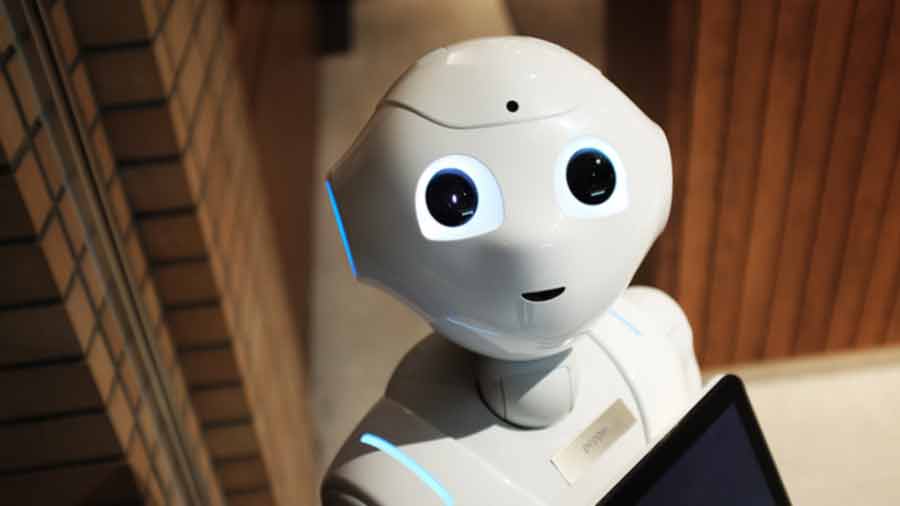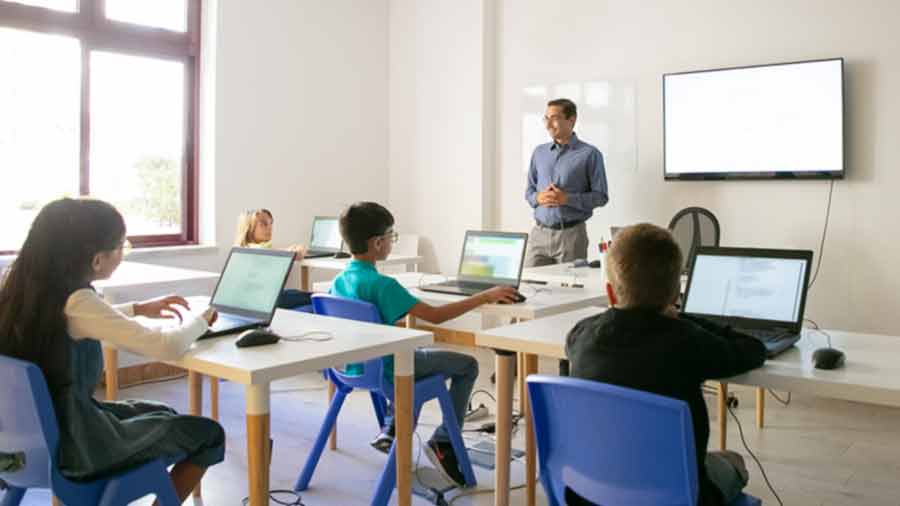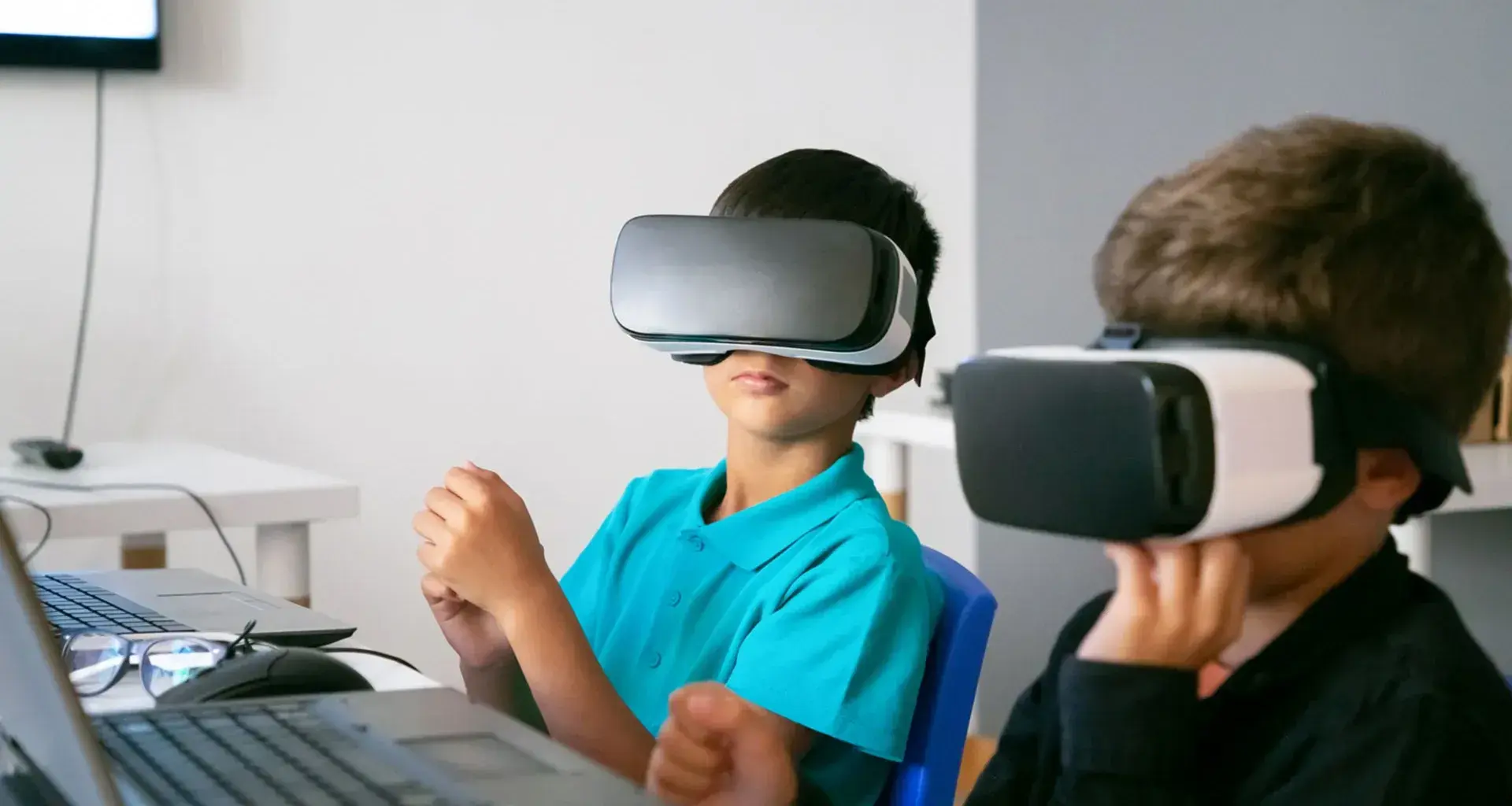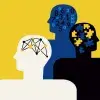Artificial Intelligence, immersive technologies, and personalized learning are just some of the educational trends that will be seen even more in the future of education.
That’s the view of Esteban Venegas, Director of the Observatory at the Institute for the Future of Education at Tec de Monterrey, who talked about the technologies and educational models that have already begun to be introduced.
“Our lives are being impacted by digital technology, Artificial Intelligence, and algorithms. This digitalization has had repercussions in areas such as communication and commerce, and of course, in education,” said Venegas.

Future trends in education
The Director of the Observatory pointed out that distance education, hybrid classrooms, immersive worlds, and gamification will be a part of how education is imparted.
What’s more, educational content will be increasingly personalized, taking into account students’ level of knowledge and learning styles.
The importance of topics such as mental health, entrepreneurship, and humanities on syllabuses has been bolstered.
Here are the 12 educational trends that Venegas shared with CONECTA:
1. Immersive technologies + Metaverses + Gamification
Venegas says that technologies such as Metaverses, Augmented Reality, Virtual Reality, Artificial Intelligence, and the use of gamification for learning will continue to trend and combine with each other.
However, he notes that although there are very high expectations about the use of this technology, such as the use of virtual reality headsets in anatomy classes, technology should always be at the service of education.
For example, he says that chatbots are being used as teaching assistants that respond using artificial intelligence, similar to existing assistants on the market.
“This automation is having an impact on education and professions. There’s a consensus among those of us in education that these technologies will lead to human collaboration and technology coming closer together,” he said.

2. Alternative credentials: a la carte learning
The director also says that alternative credentials in education could be more popular in the future due to the current situation, in which there are more and more workshops, courses, and online degrees in asynchronous formats.
“We’re experiencing this more often and there are lots of changes in the world. People are getting certified on sites like Coursera or EdX which are massive.
“They’re workshops and bootcamps where you can learn a new programming language, or software, or about topics like statistics. The limitations of traditional education are being removed, and there’ll be a lot of flexibility,” he says.
3. Distance and hybrid learning will grow
Venegas says that distance education is one of the trends of the future that has been accelerated by the COVID-19 pandemic, forcing education to rely on technology.
He says that although its use will be increasingly common, we shouldn’t forget about opportunities for access in less developed regions, as well as the lack of skills and knowledge needed to use technology in education.
“Teacher training is important, and we believe there has been a lot of training on the subject, but there must be access to this technology for online education to exist.
“I don’t think it’s going to go fully online or fully in person, but in a hybrid format. We’re going to see how it works out and buy some time to build infrastructure for access to everyone,” said Venegas.
4. Humanities will be in high demand.
The director points out that the humanities will be an ideal complement when it comes to developing skills for the future of education.
“Who better to teach critical thinking than philosophers, for complex thinking or working as a team?
“That complement of humanities to science and technology will be important,” added Venegas.
5. There’ll be a greater appreciation for education
When the pandemic began, Venegas says that parents faced the challenge of educating their children more actively, which is why he notes that there could be a greater appreciation for the teaching profession.
“Technology doesn’t solve everything (in education). Technology enables teachers to function better as guides or mediators and to focus education on the student.
“If there’s been anything positive to come out of the pandemic, it’s that parents have realized how difficult it is to educate. Let’s hope that the teaching profession is more valued,” he says.

6. Student experience will play an important role
Venegas says that students’ experience with real-world problems will have greater significance in the future, since this will allow them to learn by doing.
“That’s why there are models like the Tec21 Model that are based on experiential learning (challenge-based learning.)
“This will be important for developing 21st century skills,” said the specialist.
7. Education could be personalized according to students and their needs
The director says that education of the future could be personalized according to each student or their needs, making use of both technology and Artificial Intelligence, as well as guidance from teachers themselves, aided by technology.
“When you have adaptive learning, you adjust it to the user, depending on how they did in their last exam or on the last course. All this information can suggest content that might serve the student.
“It’s not just the technology but teachers themselves with their knowledge and way of handling this information who can look at it and make adaptive learning work,” he explained.

8. Mental health will play an important role
Distance learning, especially over a long period of time, has made it clear that mental health plays an important role in student performance, says Venegas, who believes that there will be more openness toward the subject in the future.
“In the past, it was taboo, but now with the pandemic, lots of teachers, researchers, school staff, and particularly students are tired.
“Mental health is important, and universities should encourage it with offerings like the Tec’s Student Leadership and Education program to recognize we’re people and not robots,” he said.
9. There will be more women in education
The director points out that if we foster and work at it, the future of education could include more and more women, both as students and as leaders.
“We have to open up access for women to education and to the workplace as well. There’s a lot to do. We’ve seen a big change in some ways,” says Venegas.
If we could address the lack of access, lack of funds, and lack of support for women, Venegas says this would reinforce the current trend of more and more women graduating from universities.

10. Educational partnerships to face global challenges
Venegas says that the future will bring with it a greater number of partnerships between universities and educational centers, both private and public, as well as partnerships between education and other areas, such as the occupational or civic spheres.
“For example, the Tec has established very good networks with universities in Argentina, Spain, and others such as La Triada (UNIANDES and the Catholic University of Chile).
“These collaborations we’ve made during the pandemic will be important in the future. Global issues will be different and there must be more partnerships. Not just with universities, but also with companies and organizations,” he said.
11. More education promoting entrepreneurship
“Professions are changing, and the future of work will be different. It’s important to have entrepreneurial skills for adapting to change, and it’ll be increasingly easy to access the development of these skills,” says Venegas.
These skills that are usually picked up by entrepreneurs will be increasingly vital in the education of the future, says the director.
12. Universities: leadership for generating knowledge
Venegas highlights that the proliferation of misinformation has led to universities playing and continuing to play an important role in the dissemination of science and knowledge.
“Universities are going to be more important than ever because they can help us train people to adapt to tackling these issues, whether it’s people saying the world is flat or telling others to ingest cleaning fluids for COVID.
“Fighting against misinformation is part of what we (as universities) are going to do,” he concludes.
ALSO READ:
YOU’LL DEFINITELY ALSO WANT TO READ:





